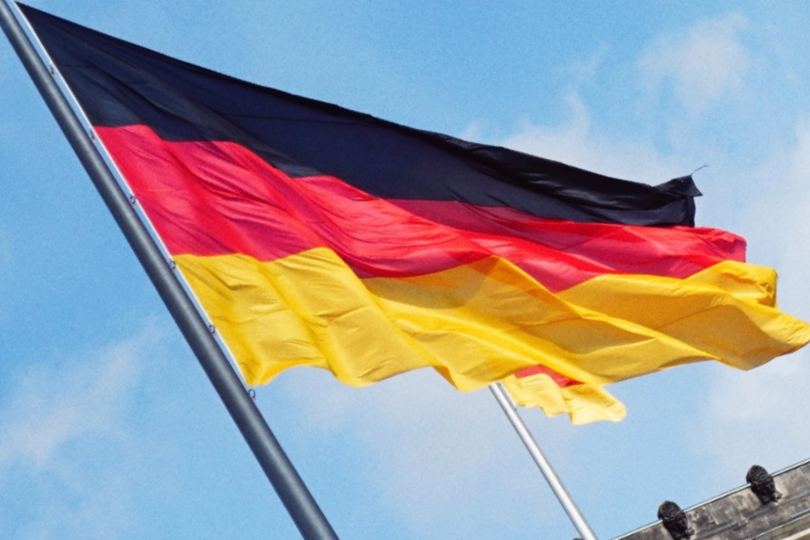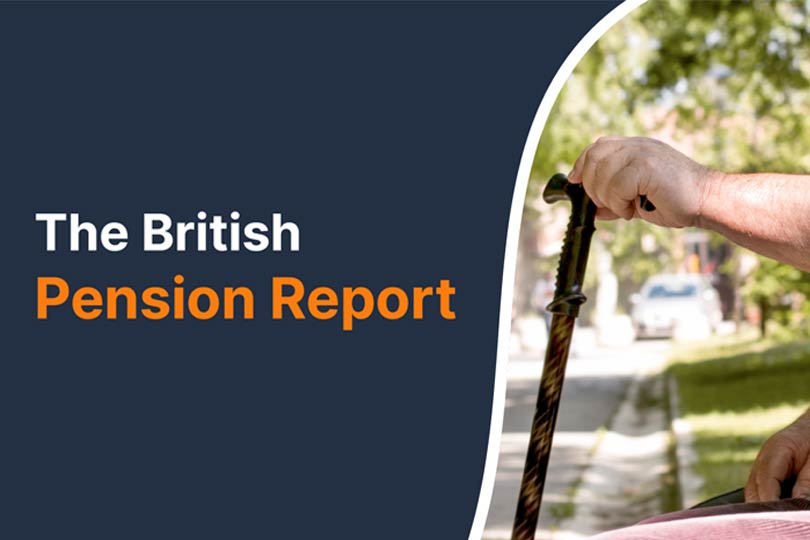What is a Pension?
You need a pension. Without one, you may not have enough money to retire.
Don’t rely on the state pension; it’s likely not enough to live on.
Don’t panic; I’ll help you with all the jargon and make it really straightforward. You can have one set up in a few minutes and then you just leave it to do its thing.
My key takeaways
- Everyone needs a pension to provide for their retirement
- Pensions are the quickest way to save for retirement, as they attract pension tax relief
- You can save into several different pensions but must stay within the limits
- You can access your personal pension when you reach 55, your Workplace pension between 60 and 65, and your State Pension when you reach 66
There are a few details, including pension types and rules for withdrawing your pension, that I will walk you through.
How does a pension work?
A pension is like a long term savings account designed to provide for your retirement.
There are some key differences between a pension and a savings account.
- You can’t access the money in your pension until you reach retirement age (55 in the UK, increasing to 57 from 2028)
- You and your employer can pay into your pension
- Every time you contribute to your pension, you get a top up from the government
- You usually invest your pension – don’t worry, there are simple solutions for anyone with no investment experience
Identifying which type of pension you need
There are three main types of pensions. Which one is best for you will depend on your circumstances. Remember, you can have more than one type of pension and even save into all three at the same time.
Pick which of these best fits your circumstances:
- You work for an employer in the UK – Workplace Pension
- You are self-employed, unemployed, or looking to supplement your State or Workplace Pension – Personal Pension or Self-Invested Personal Pension.
- You’ve paid NI contributions, claimed Universal Credit or received other state benefits, such as carer’s allowance – State Pension
More about the different types of pension schemes
Now that we’ve identified which pension would suit you best, let’s find out a little bit more about it.
Workplace pensions
This is the holy grail of pensions
To qualify for a workplace pension, you need to be between 22 and 55, be working in the UK, and earn at least £10,000 per year. This is the best pension scheme, as your employer is obliged by law to contribute at least 3% of your salary to your pension fund and you are obliged to provide 5%.
The rules surrounding workplace pensions are as follows:
- Your employer must automatically enrol you in a workplace pension
- Your employer must contribute a minimum of 3% of your annual salary to your pension
- You must contribute a minimum of 5% of your annual salary to your pension
- You can opt out of a workplace pension but that’s not usually a good idea
- Should you leave your employer, you can transfer your pension to a new provider or leave it to be paid to you when you retire
- You can claim your workplace pension between the ages of 60 and 65
Personal Pension
A personal pension is a pension you administer yourself. What you get when you retire will usually depend on how much you have paid in. A personal pension has several advantages.
You get to choose your pension provider and how your pension is invested, although there is plenty of help available to those who lack confidence in that area. A personal pension still attracts tax relief on all contributions and anyone can contribute to a personal pension.
The rules surrounding personal pensions are as follows:
- The onus is on you to open a personal pension
- You can choose how much you pay into a personal pension (within the limits)
- You can make regular contributions or lump sum payments
- You will get tax relief automatically added to your contributions
- You can access your personal pension when you reach the age of 55
State Pension
Eligibility for the State Pension and how much you will actually receive once you retire all hinge on how much National Insurance you have paid. NI contributions are typically taken from earnings, although you can top this up if you have gaps as a result of unemployment.
The rules surrounding the State Pension are as follows:
- You will need at least 10 qualifying years on your National Insurance record to get any State Pension or 10 years of National Insurance credits
- You can pay voluntary National Insurance contributions to fill any gaps in those 10 years
- You must be a man born on or after April 6, 1951 or a woman born on or after April 6, 1953, to claim the State Pension
- The full amount you can receive for the 2023/24 tax year is £203.85 a week
Pensions Frequently asked questions
What is the most common type of pension?
How are pensions paid?
Please note:
The value of your investment can go down as well as up and you may not get back the full amount you invested. Past performance is not a reliable indicator of future performance.
This blog is for general information only and does not constitute advice. The information is aimed at retail clients only. All contents are based on our understanding of HMRC legislation, which is subject to change.








